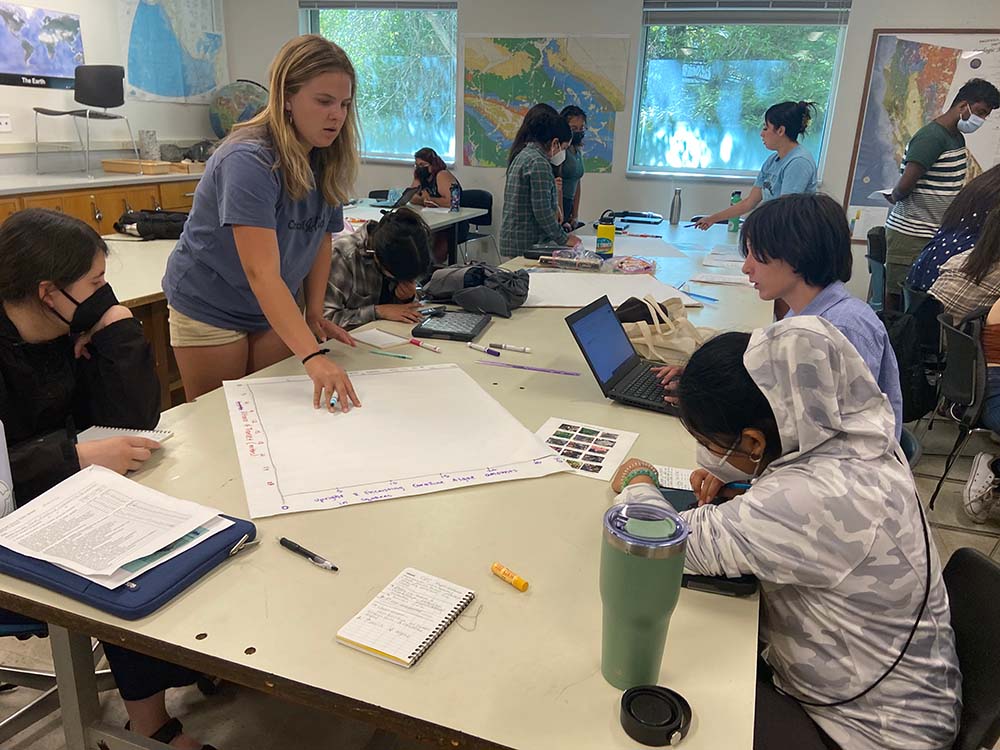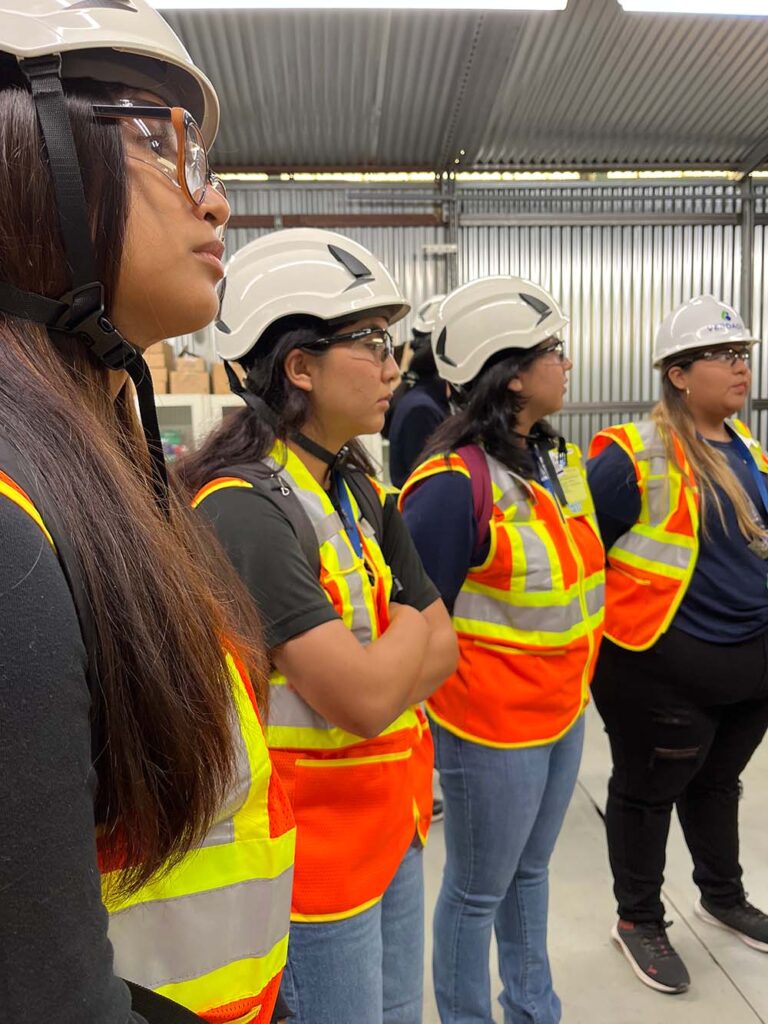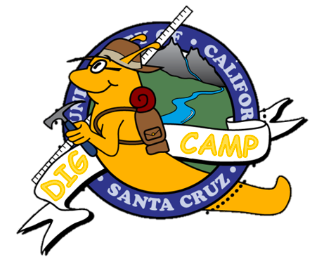There is a lot of planning associated with coordinating activities for a program such as DIG CAMP, which includes minors residing on a university campus and several field trips. Having a university partner (faculty or staff collaborator) can facilitate logistics, although if organizers are familiar with summer program scheduling staff at the host institute this may not be necessary. Below, we list important aspects of the program that require advance scheduling and coordination. Organizers need to familiarize themselves with the necessary on-campus units, deadlines, rules, and restrictions which can differ from campus to campus and state to state. Start planning well in advance, as most summer scheduling starts in the winter/spring quarter/semester.
Conference Services and Housing on Campus
Contact the campus’ conference services (or similar unit) responsible for scheduling events, including housing and food services for groups that are not registered university students. The conference services would need specific arrival and departure dates, a list of participants, and information regarding the type and location of your preferred residential hall (gender specific or mixed), and the number of students in a room. There are rules regarding the ratio of adults to minors and paperwork to fill in with participant information, emergency contact information, health issues, and, for minors, parents’/guardians’ signatures. The conference services will also need contact information from someone on the organizing team who will be onsite during the program. They may also need to know if parking is required, and for how many vehicles. If needed, request and schedule meeting rooms in the dormitory area with the conference service representatives.
Dining

Dining may be coordinated through the conference services or through a separate unit depending on the university. The number of university meals, meal hours in the dining halls, and days and time for lunch box pickup for field trip days need to be scheduled in advance. Make sure you have information regarding food restrictions and allergies, and make sure that these are addressed (for example, open buffets with a variety of options). Note that in most cases, dining hall hours are assigned, and if there must be changes to accommodate a specific activity, this must be communicated in advance. You may have to adjust the departure and return times of off-campus activities based on the dining hall hours assigned to your group. It is best to set up a time and location for the group to meet and walk together to the dining hall.
Transportation
Most days there will be activities scheduled off campus (field trips or fun excursions) or needs to leave campus for various errands (getting to a pharmacy, buying snacks, or for emergencies). Thus, it is best to reserve enough vehicles for all participants and have enough drivers (with backups) for these vehicles. Note that there may be restrictions on the number of minors that can legally be transported in a van, the number of seats a van used for transporting minors can have, or legal limitations on the age of the drivers. For example, in California it is illegal to transport more than 7 minors (or have more than 8 seats including the driver) in a vehicle if the driver does not have a special driving license. Familiarize yourself with the rules and plan accordingly.
Classrooms and Lab space

Most days the program includes activities that take place in a classroom (or laboratory). Schedule the needed classroom in advance, typically through the department of your academic partner. Make sure the classroom/lab has all the equipment you require (projections system, whiteboard, water, the correct number of benches and seats, etc.). You may also need a place to store the supplies you bring with you for activities. Familiarize yourself with the necessary emergency contacts, evacuation plans, and bathrooms for the classroom/lab, and make sure you have the necessary keys for the building and classrooms, in case you have activities scheduled for weekends or after regular work hours.
Computer Facilities (GIS)

For some of the activities and final projects students will need to have access to computers with GIS software to access and download data. Most universities have student computer rooms and GIS labs. These may be in libraries or in specific departments, and you should coordinate the use of these facilities for the duration of your program or for the days in which the program includes training and use of GIS. Again, make sure you have access to these facilities (building and room keys). Check that the needed software is loaded on the computers, and that the students are registered and have passwords to allow them access if this is required. Familiarize yourself with the system setup and login process, and have contact information for technicians/instructors who can help when needed.
Training and Background Checks
Working with minors requires specific training. Program facilitators must get IRB training which is required by NSF (check your university requirements). All program leaders, program staff, and volunteers who will be working with minors in a program or activity, have to be familiar with “minors on campus” policy; must complete required online training on protecting children and reporting sexual harassment; and, in some states, program staff will have to get fingerprinted either on or off campus (typically there is a fee for that). All these requirements must be fulfilled before the start of the program, and it is helpful to provide the program staff in advance with the information summarized in a document.
Communication with Community Partners

The DIG CAMP program is built around interactions with local community partners who are identified and incorporated into the program schedule. The specific schedule for the program must be coordinated with these partners, and it is crucial that all partners have the full schedule for the program in advance, with the day/time that they are hosting the field trip marked. Organizers should have onsite contact information for each partner and make sure they contact them the day before the visit to provide details. Learn more about organizing with community partners here.

